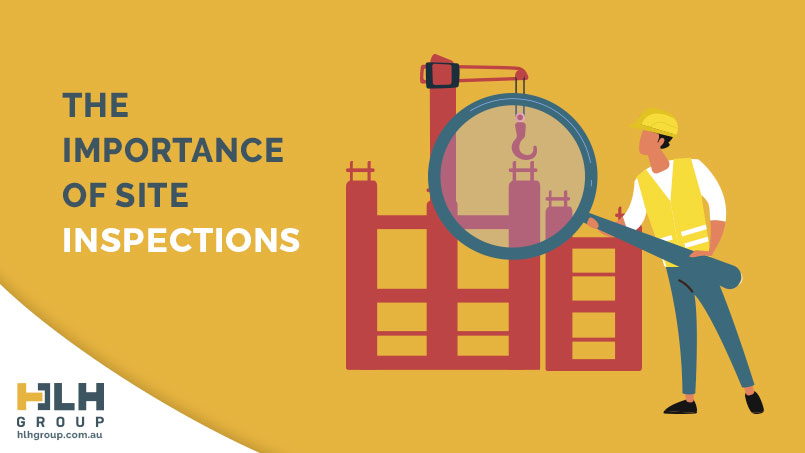Site Inspections in Construction
The construction industry in New South Wales is a highly competitive and constantly evolving sector that involves multiple stakeholders, including labour hire and construction companies. These companies are responsible for ensuring that construction projects are delivered on time, within budget, and to the required quality standards. Site inspections play a crucial role in facilitating communication and collaboration between labour hire and construction companies in NSW.
Importance of Site Inspections
Site inspections are critical in the construction industry as they help identify potential issues and hazards that could affect the project’s progress. These inspections are conducted regularly to ensure that work sites are safe, and that all work activities comply with relevant laws and regulations. They also help identify any changes or issues that may arise during the construction project, allowing both companies to work together to find solutions and ensure project success.
Labour hire companies play a vital role in the construction industry, providing skilled and experienced workers to construction companies to meet the demands of the project. Site inspections enable labour hire companies to ensure that their workers are deployed correctly, and their welfare is maintained on site. They also help identify any issues or concerns the workers may have and address them before they escalate. This can include concerns related to work health and safety, working conditions, and workload. By addressing these issues promptly, labour hire companies can ensure that their workers are motivated and productive, contributing to the project’s success.
Performance Assessment and Site Inspections
Construction companies manage the overall project, including the management of labour hire companies. Site inspections enable construction companies to assess the performance of the labour hire company and its workers and identify any issues or concerns that may affect the project’s progress. This facilitates communication and collaboration between the two companies, allowing them to work together to identify solutions to any issues that may arise. This can include issues related to productivity, quality of work, and adherence to work health and safety standards.
Staying Compliant
Site inspections also play a critical role in ensuring that construction projects comply with relevant laws and regulations. Construction companies must comply with a range of regulations related to work health and safety, environmental protection, and building codes and standards. Site inspections enable both labour hire and construction companies to identify any areas of non-compliance and take appropriate action to rectify the issue. This can include implementing new work health and safety policies, addressing environmental concerns, or ensuring that building standards are met.
Site Inspections and Communication
Moreover, site inspections help improve communication between labour hire and construction companies. Regular inspections facilitate dialogue and consultation, enabling both companies to discuss any changes or issues that may arise during the construction project. This can include changes to the project’s scope, schedule, or budget, as well as any issues related to the workforce. Through this consultation process, both companies can work together to identify solutions to any issues that may arise, ensuring that the project is delivered successfully.
Critical to the Construction Industry
In conclusion, site inspections are a critical component of the construction industry in New South Wales. These inspections help identify potential issues and hazards, ensure that the workforce is deployed correctly, and maintain compliance with relevant laws and regulations. They also facilitate communication and collaboration between labour hire and construction companies, allowing them to work together to ensure successful project delivery. By conducting regular site inspections, both companies can ensure that construction projects are delivered on time, within budget, and to the required quality standards, ultimately benefiting the industry and the wider community.
